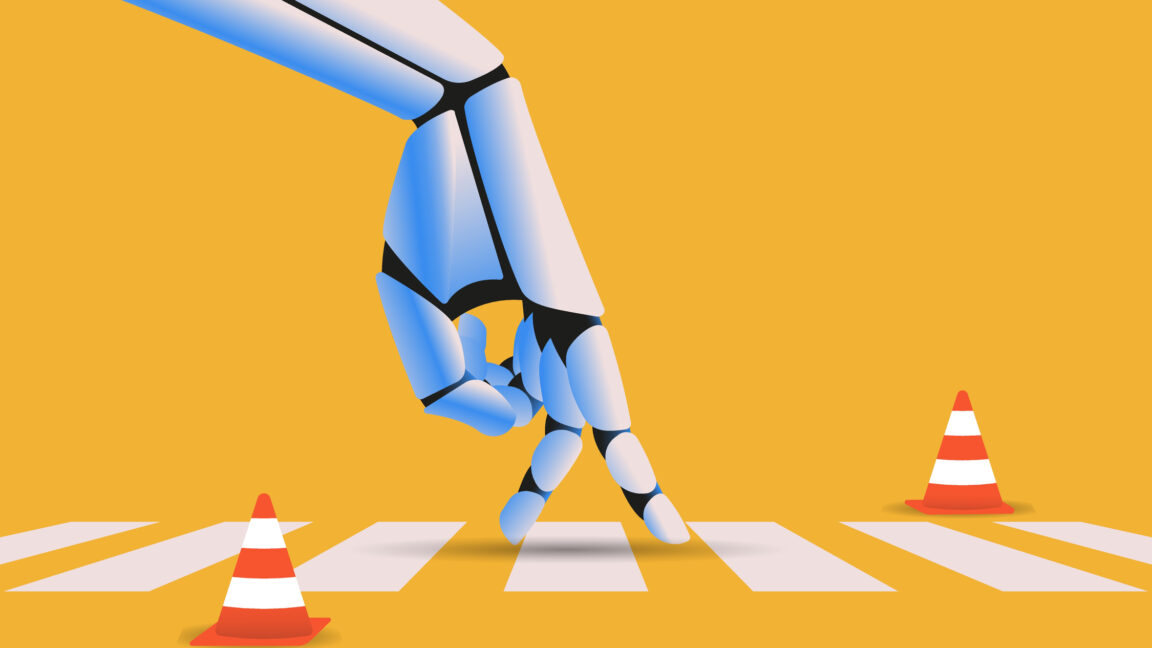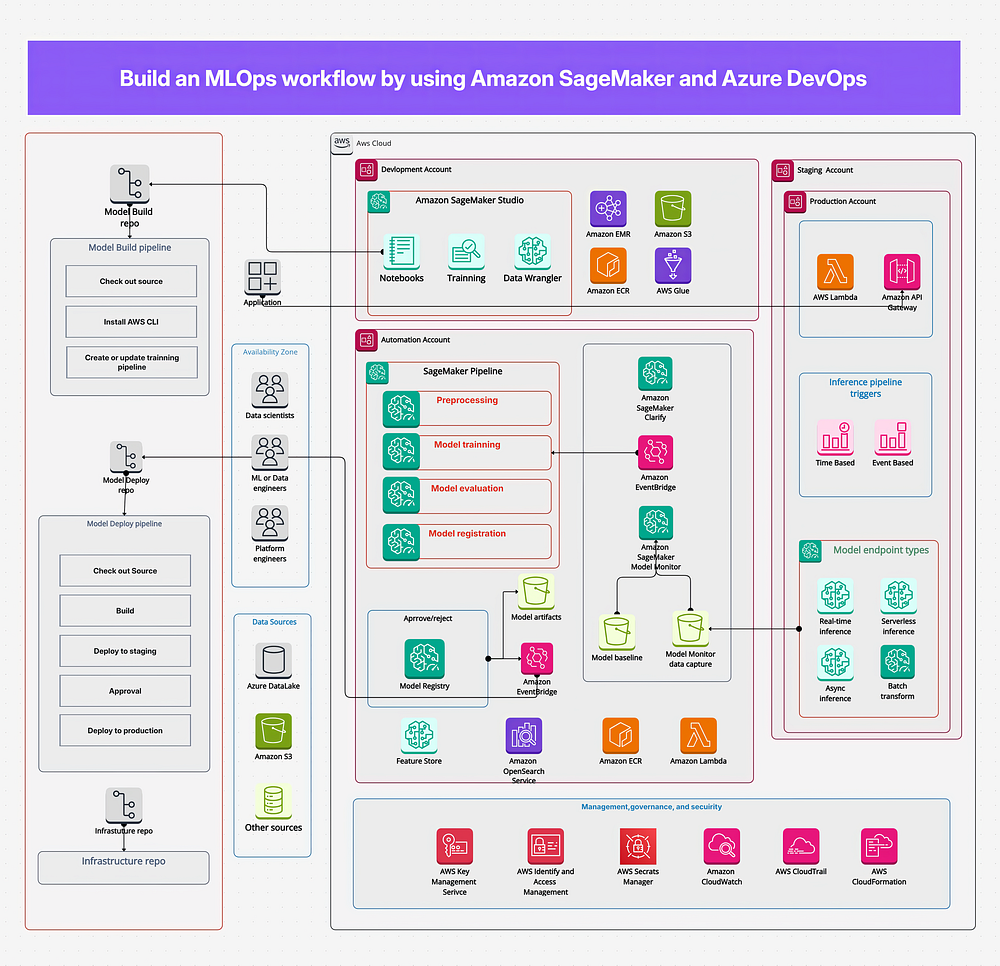Introduction to New AI Rules
The European Union has introduced a new code of conduct for AI companies, aiming to promote a safer and more responsible development of artificial intelligence. This code includes guidelines for respecting paywalls, restricting AI crawling, and protecting copyrights. It also encourages online search giants to adopt a solution that allows content creators to protect their work without impacting search indexing.
Respecting Paywalls and Copyrights
The code details expectations for AI companies to respect paywalls and robots.txt instructions, which could help reduce the problem of AI crawlers overwhelming websites. This solution, currently being promoted by Cloudflare, would enable content creators to protect their copyrights by restricting AI crawling without affecting search indexing. By doing so, the EU aims to create a more balanced and fair environment for both content creators and AI developers.
Environmental Concerns and Transparency
In addition to safety and copyright guidelines, the code also addresses environmental concerns. Companies are required to disclose their total energy consumption for both training and inference, allowing the EU to monitor and detect potential environmental issues. This move towards transparency is crucial as AI innovation continues to advance, and the EU is taking steps to ensure that this growth is sustainable.
Safety Guidance and Incident Reporting
The code’s safety guidance provides recommendations for detecting and avoiding serious incidents with new AI models. These incidents could include cybersecurity breaches, disruptions of critical infrastructure, harm to a person’s health, or even death. Companies are expected to report serious incidents to the EU’s AI Office within a timeline of five to 10 days. Furthermore, they must track all events, provide adequate cybersecurity protection, prevent jailbreaking, and justify any failures or circumventions of systemic risk mitigations.
Industry Reaction and Future Implementation
Tech companies such as OpenAI, Meta, and Microsoft have declined to comment on the new rules, while Google has confirmed that it is reviewing the code. The rules are part of the AI Act, which will be implemented in a staggered approach over the next year or more. Breaching the AI Act could result in significant fines or the removal of AI models from the market.
Conclusion
The introduction of the new AI code marks a significant step towards regulating the development and use of artificial intelligence in the EU. By promoting transparency, safety, and respect for copyrights, the EU aims to create a responsible and innovative AI environment. As the AI Act begins to take effect, it will be crucial for companies to adhere to these guidelines and work towards a future where AI benefits society as a whole.
FAQs
What is the purpose of the new AI code?
The new AI code aims to promote a safer and more responsible development of artificial intelligence by regulating AI companies and encouraging transparency, safety, and respect for copyrights.
How will the EU monitor environmental concerns?
The EU will require companies to disclose their total energy consumption for both training and inference, allowing them to monitor and detect potential environmental issues.
What are the consequences of breaching the AI Act?
Breaching the AI Act could result in significant fines of up to 7 percent of a company’s annual sales or the removal of AI models from the market.
How will the AI Act be implemented?
The AI Act will be implemented in a staggered approach over the next year or more, with the new code being reviewed and approved by the European Commission and EU member states.










